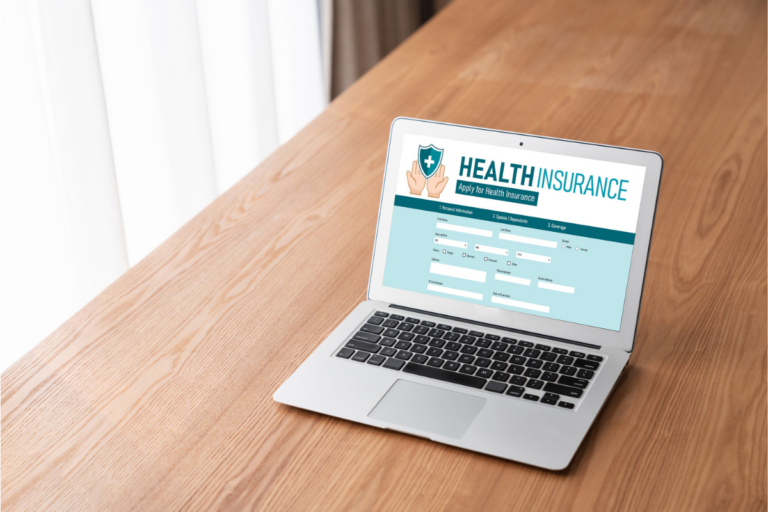The impact of the Gen Z employee on today’s workforce will only grow in the coming years. Shaped by unprecedented major global events and leaps in technology, this generation of employees has different ideas about their work and the workplace than their predecessors. HR leaders should be mindful of this as they craft and communicate their employee benefits package.
Raised on the internet and social media and confined indoors by the coronavirus pandemic and its resulting economic turmoil, Gen Z employees have distinct priorities from their workplace elders. 96% of Gen Z employees say it’s important they feel valued and empowered at work. They want their managers to care about their professional development and give them opportunities to learn new skill sets. However, the statistic of note for HR leaders is that more than half of Gen Z workers would take a nearly 20% pay cut if their non-salary needs were met by an employer’s workplace benefits.
All employees want benefits that support their needs at every stage of their career. Your organization’s approach to employee benefits has always mattered. What matters here is that Gen Z employees are very willing to leave their jobs if their workplace expectations aren’t met and that includes compensation that goes beyond their salaries. These are employees that companies need to attract and retain as an impending labor shortage threatens employers across industries.
Gen Z employees are willing to leave their jobs if their workplace expectations aren’t met.
In practice this means that HR leaders are (as usual) being asked to balance the needs of the organization with the needs of the worker. It’s a delicate tightrope to walk as HR budgets tend to shrink during times of economic turmoil. There is no simple solution to this predicament but you can make an impact on your younger employees by communicating your benefits program in a clear and effective manner.
For example, employers have worked hard to enhance their mental health offerings since the pandemic. We know the kids are not alright. No one is. In one McKinsey study, Gen Z respondents were 1.4 to 2.3 times more likely to report that they had been diagnosed with a mental-health condition. They also reported higher rates of anxiety, depression and distress than any other age group and yet were more likely to not seek treatment for these health conditions than millennials.
One reason for this could be basic lack of comprehension about how health insurance works. More than half of Americans have low health insurance literacy across all generations. They do not understand basic health insurance terminology which can lead to costly healthcare decisions for employers and employees alike. Proactive employee education can help bridge the gap between offering a benefit and seeing positive engagement.
Start with the Basics – Benefits 101
As new employees to the workforce, some Gen Z employees might still be on their parents’ health plans and have no idea what the difference is between copayment and coinsurance. They have never seen an Explanation of Benefits or Summary of Benefits and Coverage. Gen Z is less engaged in their healthcare than other generations. If these employees do not understand common health benefits terms, they cannot be informed consumers. Nor can they understand the value of their benefits package. Start by surveying your employees to ascertain their health insurance knowledge. Understanding where the gaps are can help you tailor your educational programming to where it is needed the most.
Make Benefits Education Routine and Readily Available
When Gen Z employees do seek care they often find resources through social media and other digital tools. Use this in your strategy for communicating your health benefits. Facebook, Instagram, X: this generation grew up with smartphones and access to the internet. They are experts at the quick sound byte and prefer short, informal language. Consider explaining your benefits in short videos throughout the year as a supplement to your open enrollment and new hire packets.
Consider Mobile Apps
Meet Gen Z where they are: their smartphones. Most carriers have a mobile application that employees can download for easy access to their benefits information. However, you should also think about voluntary products that allow employees direct and quick assistance when they need it. Headspace and Teladoc are just two examples of the telehealth options available to you and your employees.
And remember you don’t have to do this alone. Your broker partner can help you create a communication campaign that covers your bases with all your employees, not just Gen Z.
Sources
HR Dive, “Largest labor shortage the country has ever seen looms”
McKinsey, “Addressing the unprecedented behavioral health challenges facing Generation Z”
Statista, “Why Gen Z Would Quit Their Jobs”
Tech Target, “ More than Half of Americans Have Low Health Insurance Literacy”
Workplace, “Gen Z in the Workplace”





